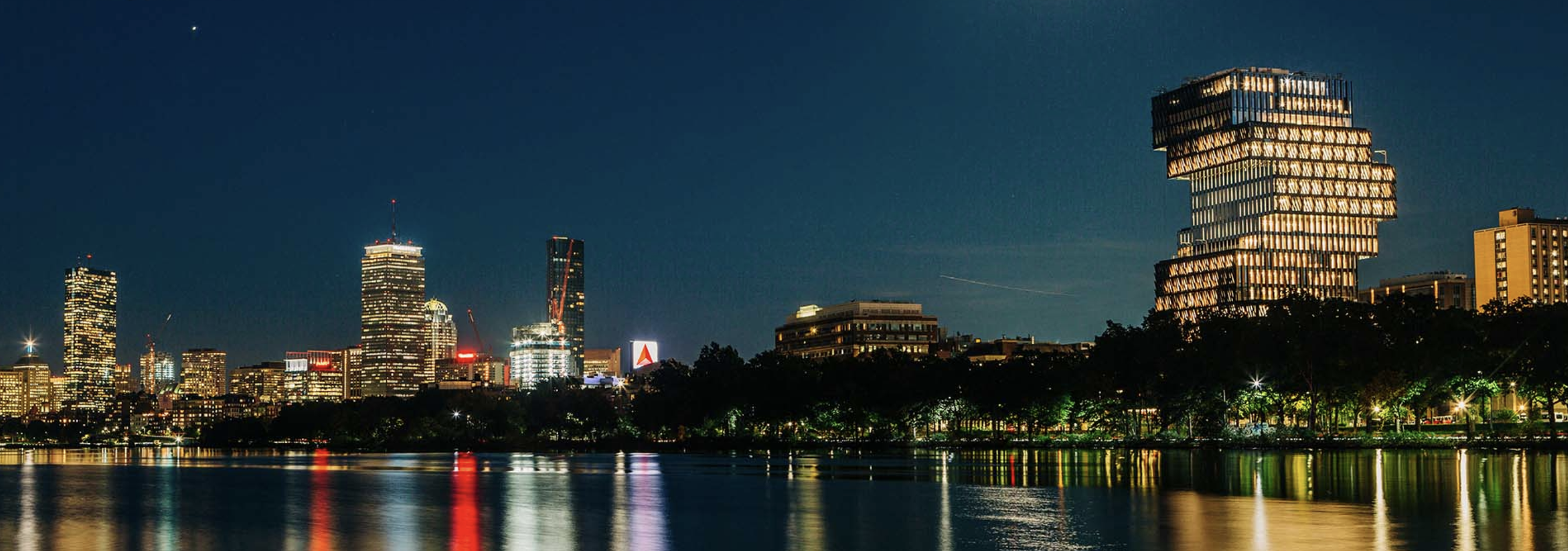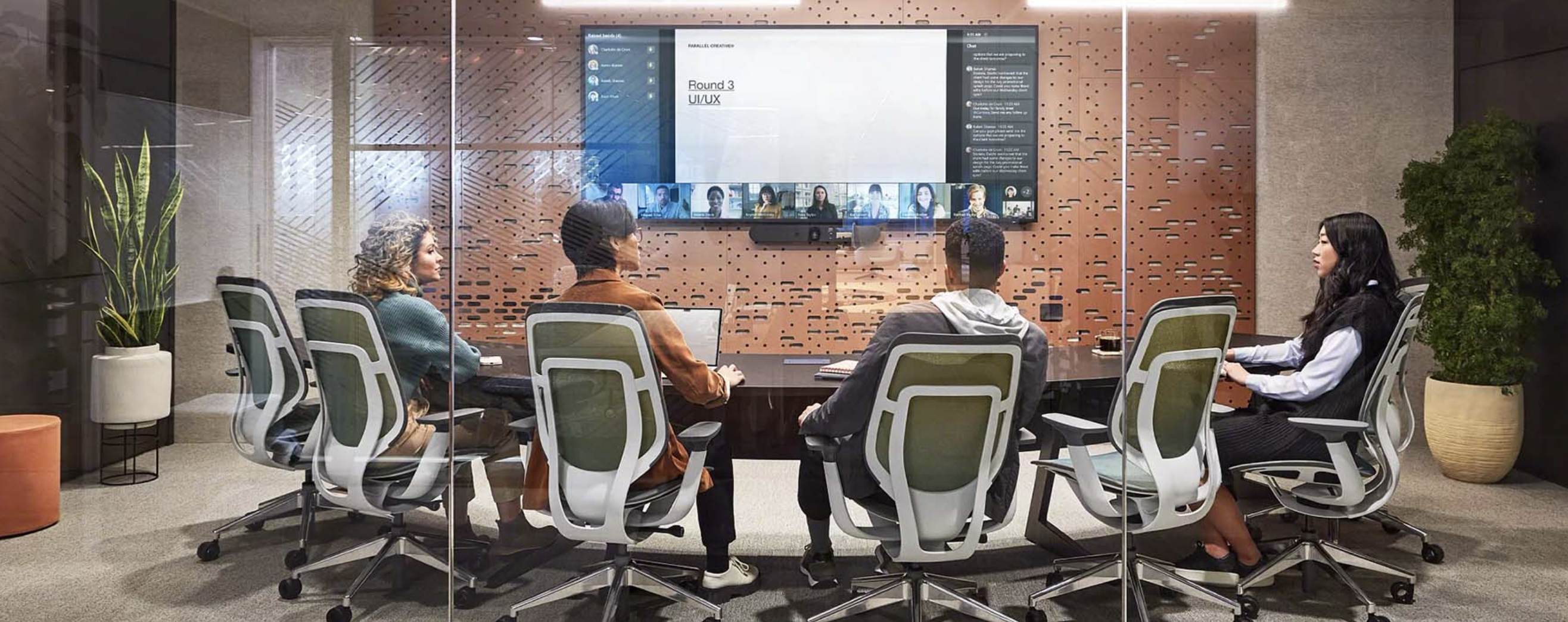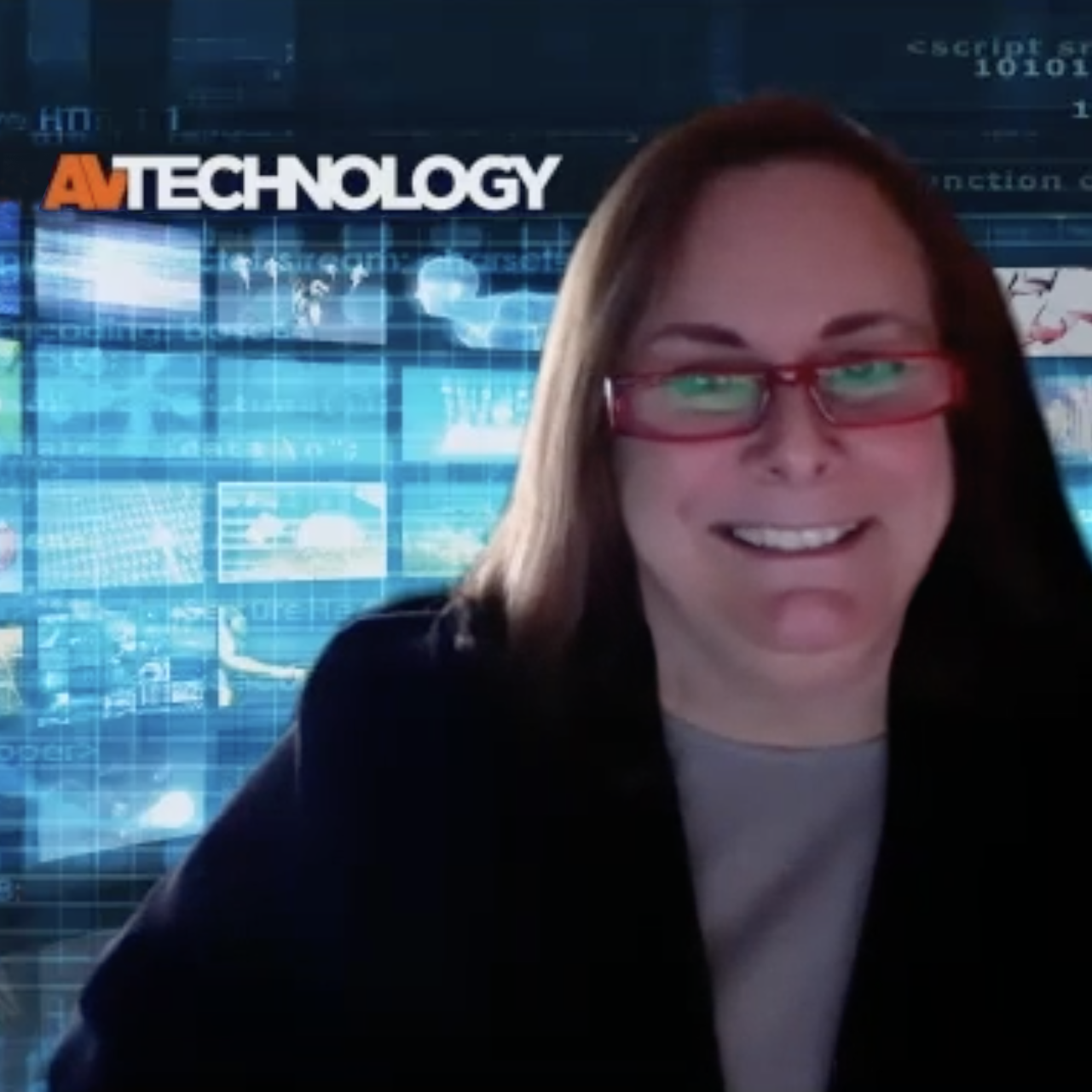Is it just me, or have you also noticed an explosion of visually captivating digital walls of moving and engaging content?
I live 10 miles north of Boston, where I grew up, and like all cities, some areas are unrecognizable from 15 years ago. During the past decade and accelerating in the past five years, there has been an unrelenting building boom in the greater Boston area, including office and retail space, condos, museums, and university buildings.

The projects have been massive and bold. In December 2022, Boston University (BU) opened the doors to its Center of Computing & Data Science. It’s an architectural masterpiece overlooking the Charles River, which some liken to Jenga on steroids.
It’s wonderful to finally see that digital visualization is incorporated when new spaces are designed. BU’s TechWeb site explains, “Digital signage provides a modern, manageable way to deliver news, information, emergency alerts, and media to displays in common areas, entryways, lobbies, and more.” The site states the benefits, “Digital signage allows departments to display rich, engaging content to various audiences. By displaying content digitally, departments can reduce the time, cost, and environmental impact associated with traditional print media.”

In the planning stages since 2010, with a rolling opening since 2017, the Boston Seaport district has become one of the city’s most vibrant neighborhoods with hotels, bars and restaurants, retail stores, and condominiums. It is home to the Institute of Contemporary Art. At the Boston Seaport, massive outdoor video walls display art and events, and there’s hardly a store that doesn’t have a digital display to entice and engage.
In 2017, one of the AV industry’s workplace transformation consultants, Red Thread, opened its spectacular 13,000-square-foot WorkLife space at 101 Seaport Boulevard.
“With increasing resolutions, brightness, and flexibility in management, digital signage is reaching new standards,” said Datapath’s director of sales, Mark Bohs. “Content can now be sent seamlessly across multiple displays, allowing for some truly spectacular and creative projects. We’ve seen examples of this with virtual ceilings and waterfalls in universities, offices, and shopping centers.”
“Integrators and end users are able to fine-tune the systems to be more purposeful, flexible, and efficient based on use-case, environment, or needs,” said Mark Bonifacio, director of Business Management, Professional Display Solutions at Sony Electronics. “If a corporation, school, or church has displays in conference rooms, classrooms, auditoriums, or collaboration spaces that are only used for limited sharing of content, they can re-activate those same displays to share digital signage materials promoting internal messaging and events or socializing important news.

